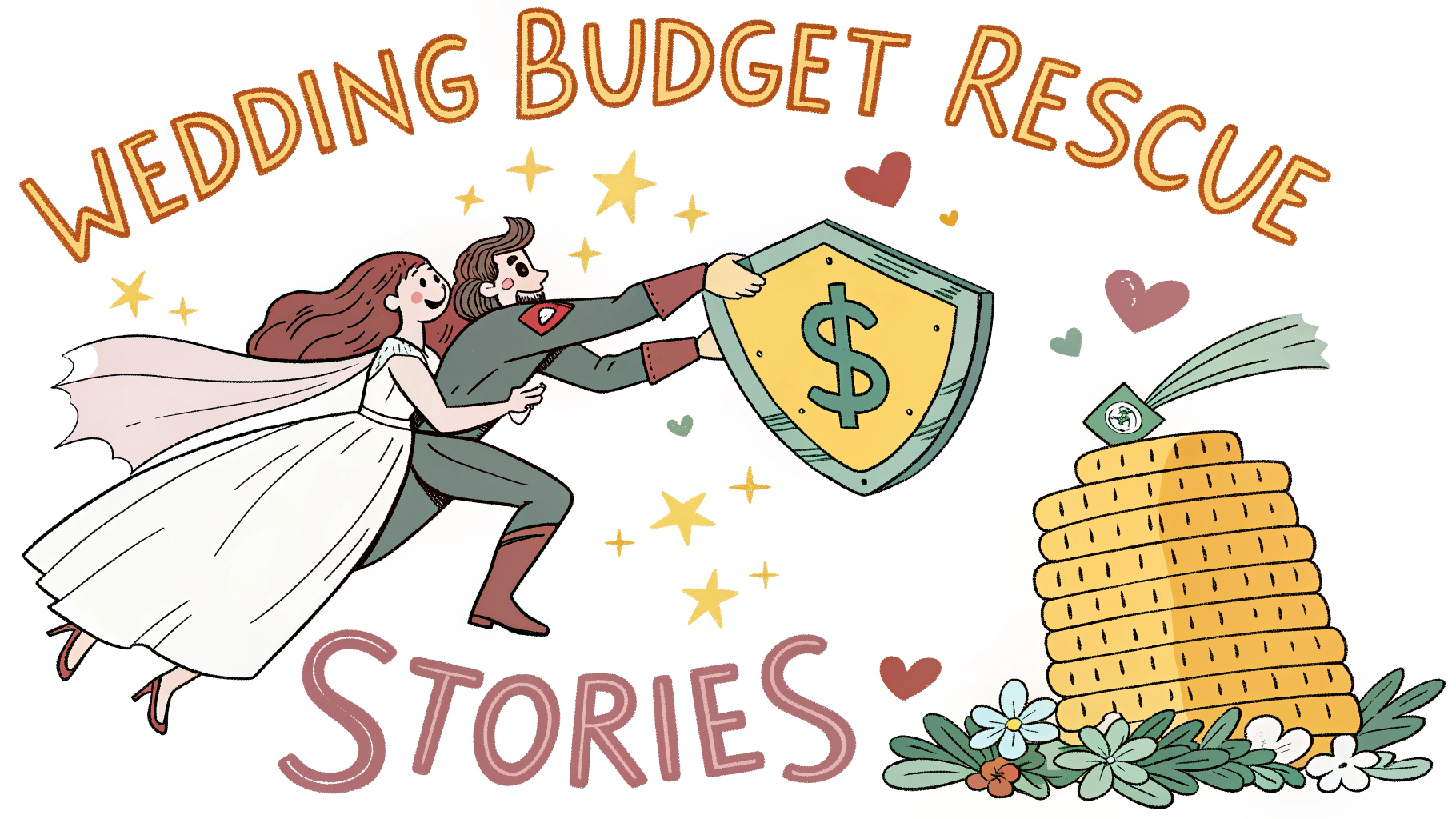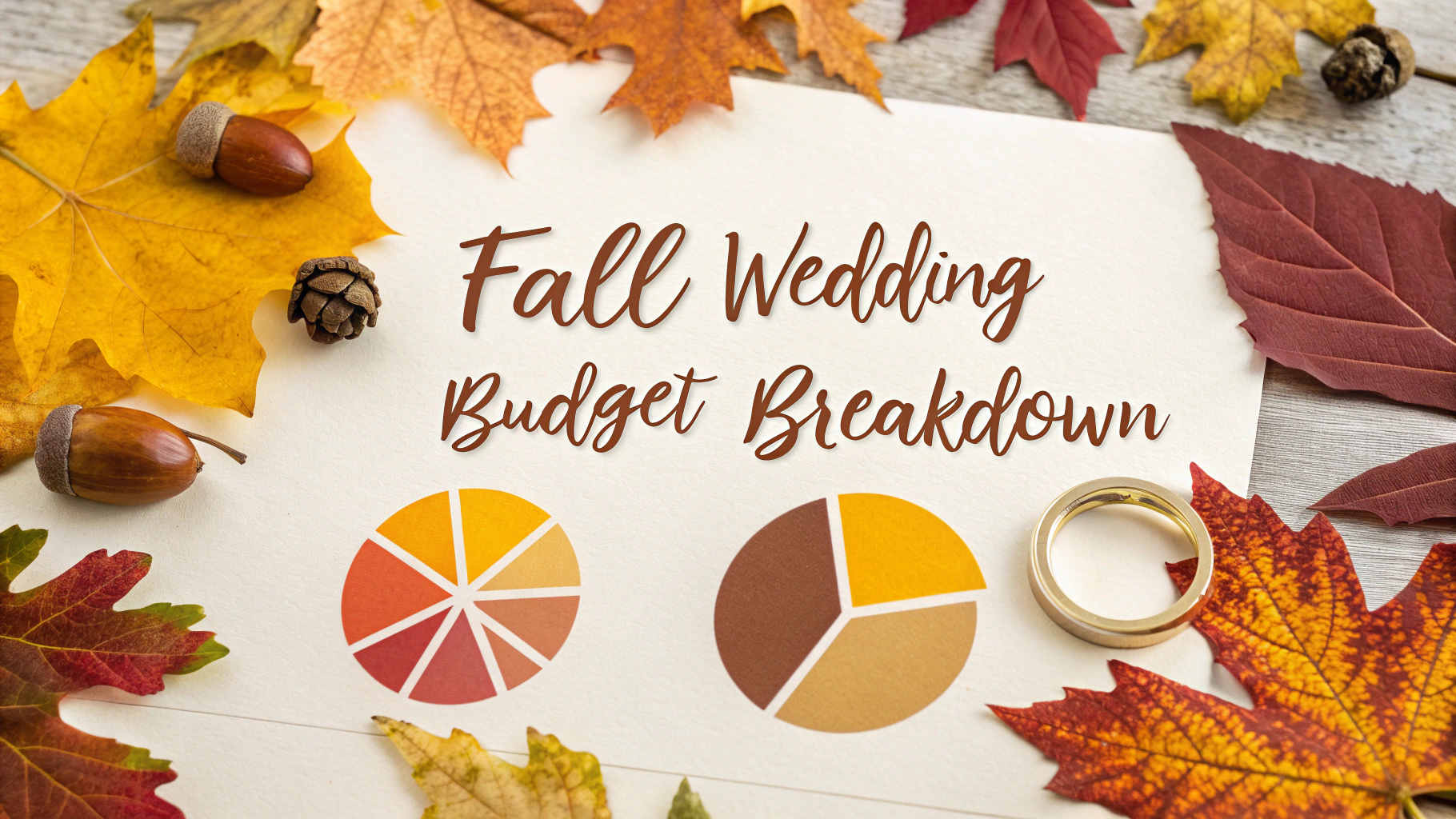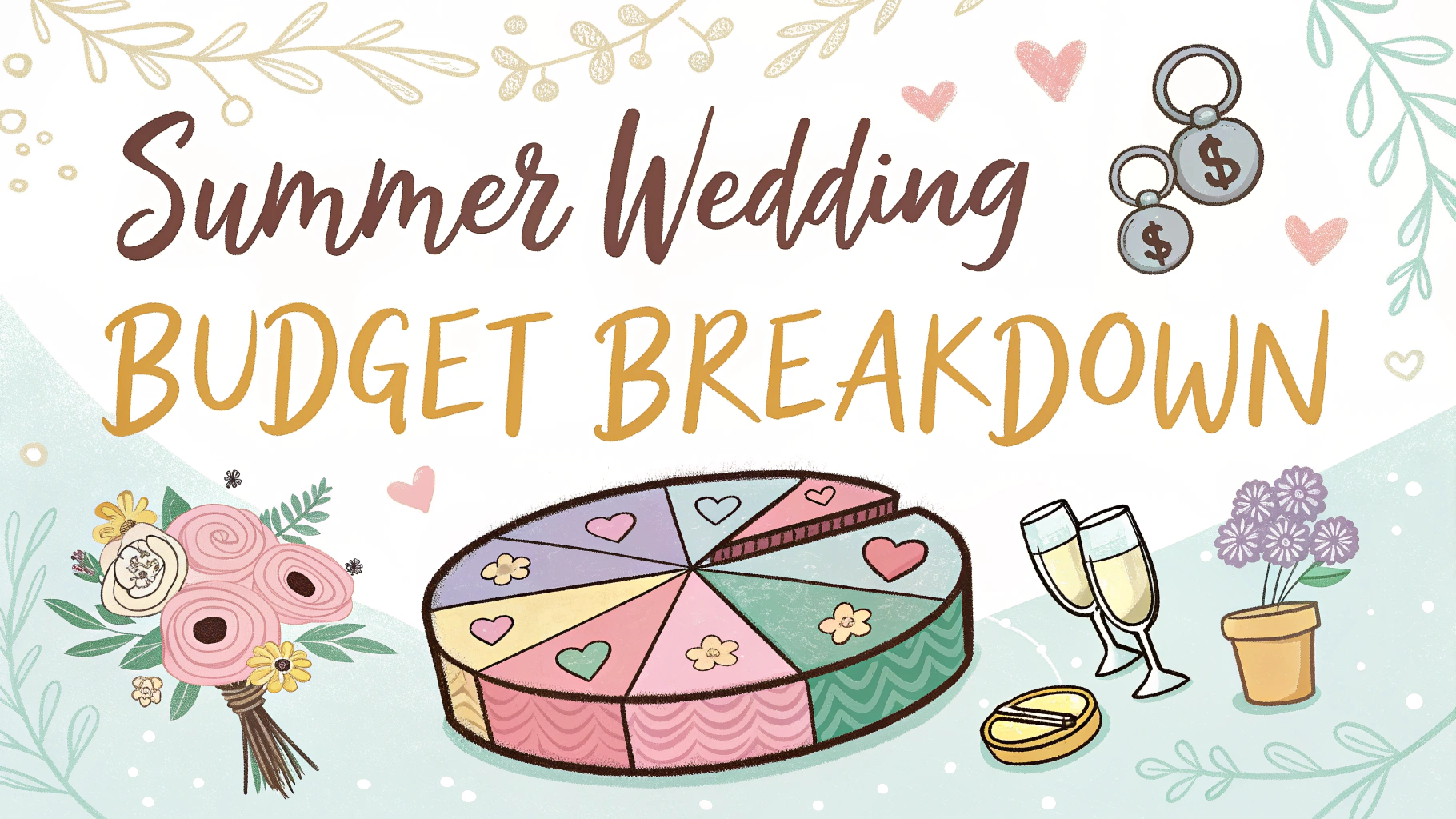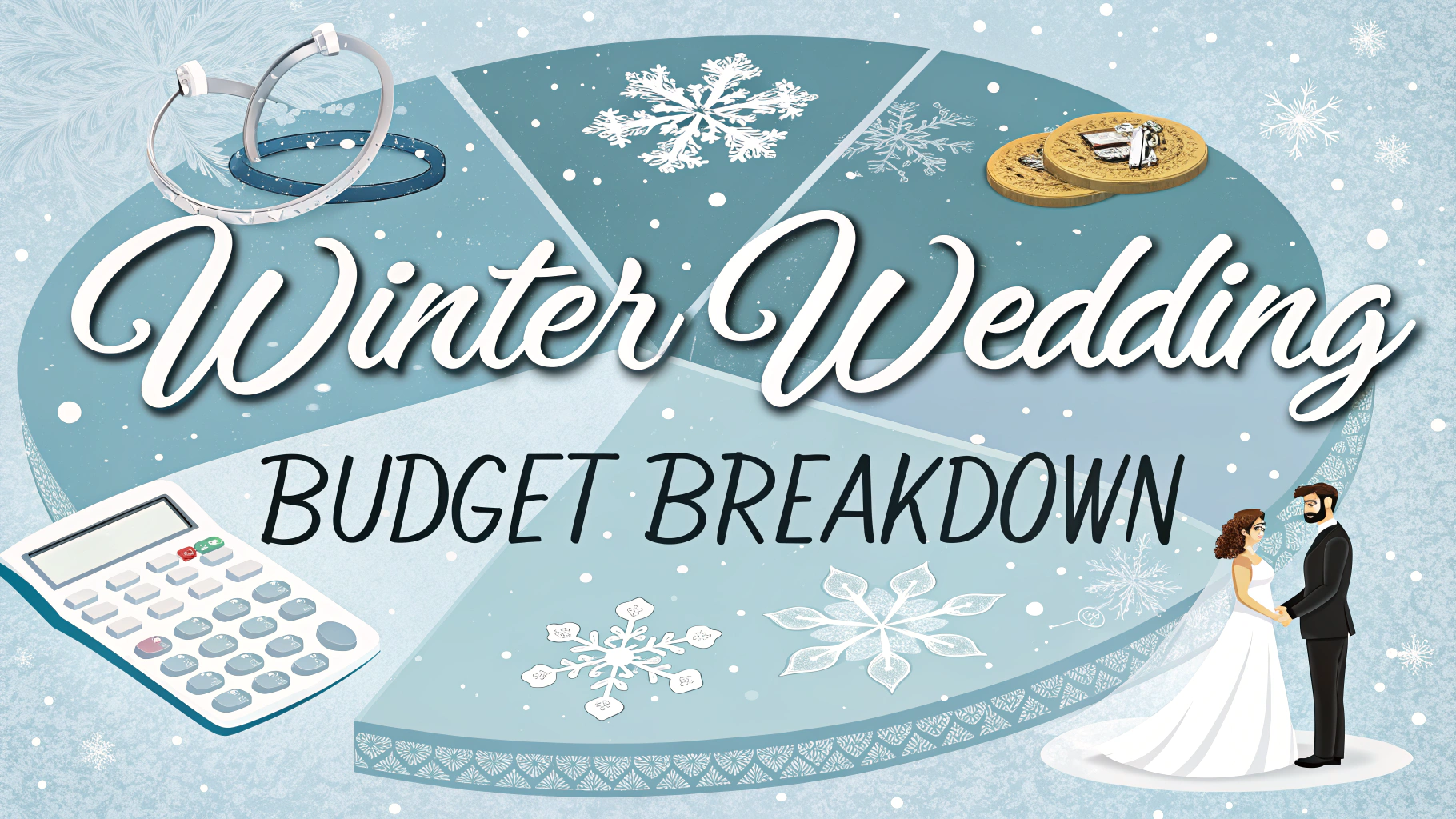Planning a wedding involves coordinating multiple vendors, from photographers to caterers, which can quickly inflate your budget beyond expectations.
Smart vendor selection and negotiation strategies can help you achieve your dream wedding while keeping costs manageable and reasonable.
This guide shares practical money-saving approaches when working with wedding vendors, helping you make informed decisions without compromising on quality.
Research and Compare Vendors
- Get at least 3 quotes for each vendor category
- Read recent reviews on Wedding Wire and The Knot
- Ask for references from past clients
- Compare pricing structures and included services
- Check social media portfolios for consistency
Timing Your Bookings
Book vendors during their off-season (typically November through March) to secure better rates.
Consider a Friday or Sunday wedding, as vendors often offer discounted rates for non-Saturday events.
Package Deals and Bundling
- Ask venues about preferred vendor lists – they often come with built-in discounts
- Look for vendors who offer multiple services (like photography + videography)
- Consider all-inclusive venues that provide catering, decor, and coordination
Negotiation Strategies
Request detailed itemized quotes to identify areas where you can reduce costs.
| Negotiation Point | Potential Savings |
|---|---|
| Hours of coverage | 10-20% |
| Package customization | 15-25% |
| Off-peak pricing | 20-30% |
Contract Tips
- Read every detail before signing
- Understand cancellation policies
- Get all promises in writing
- Check insurance requirements
- Verify payment schedules
Hidden Cost Alerts
Watch for these common additional charges:
- Travel fees
- Overtime rates
- Equipment rental costs
- Service charges and gratuities
- Setup and breakdown fees
Payment Strategies
Ask about discounts for paying in full upfront or using cash instead of credit cards.
Create a dedicated wedding email address and spreadsheet to track vendor communications and payments.
Alternative Options
- Hire emerging talent or photography students for creative services
- Use wedding planning apps instead of hiring a full-service planner
- Consider food trucks or family-style service instead of traditional catering
- Look into music school students for ceremony music
Smart Planning Steps Forward
Start a vendor communication log to document all agreements and changes.
Set up calendar reminders for payment due dates and booking deadlines.
Keep copies of all contracts and correspondence in both digital and physical formats.
Remember that investing in reliable vendors can actually save money by preventing costly problems later.
Communication Best Practices
- Schedule regular check-ins with key vendors
- Create a shared timeline document
- Keep all communication in writing
- Establish preferred contact methods
- Set clear response time expectations
Quality Assurance Steps
- Request sample products when applicable
- Attend tastings and trials
- Visit venue during your planned time of day
- Review vendor backup plans
- Check equipment quality and backup systems
Emergency Planning
Create contingency plans with vendors for common scenarios:
- Weather-related issues
- Staff illness or unavailability
- Equipment malfunction
- Timeline delays
- Last-minute changes
Maximizing Value For Investment
Your wedding vendor relationships can make or break your special day. Focus on building strong partnerships by:
- Being clear about expectations from the start
- Maintaining professional communications
- Respecting vendor expertise and time
- Following payment schedules precisely
- Keeping organized records of all arrangements
Creating Your Vendor Success Strategy
Build a strategic approach to vendor management that aligns with your vision and budget. Remember that the cheapest option isn’t always the most cost-effective in the long run.
Prioritize vendors who demonstrate reliability, professionalism, and transparent business practices. A well-coordinated vendor team will help ensure your wedding day flows smoothly while keeping costs within your planned budget.
Document your vendor experience to help future couples in their planning journey, contributing to a more informed and transparent wedding industry.
FAQs
1. What’s the best time to start booking wedding vendors to get the best deals?
Book vendors 12-18 months in advance during off-peak seasons (typically November-March) to secure better rates and take advantage of early-bird discounts.
2. How can I negotiate prices with wedding vendors without compromising quality?
Request detailed quotes, compare packages, and discuss customization options. Ask about package modifications, midweek discounts, and whether they offer incentives for booking multiple services.
3. Which wedding vendor services typically offer bundle discounts?
Photography and videography often come with bundle discounts, as do venue packages that include catering, decoration, and coordination services. DJ services sometimes bundle with lighting packages.
4. What hidden fees should I watch out for when signing vendor contracts?
Look for overtime charges, travel fees, setup/breakdown costs, service charges, equipment rental fees, and gratuities. Always ask for a detailed breakdown of all potential additional costs.
5. How can I save money on catering without sacrificing quality?
Choose a buffet or food station setup instead of plated service, opt for seasonal ingredients, reduce the number of passed appetizers, and consider serving prosecco instead of champagne for toasts.
6. Is it worth hiring a wedding planner to help manage vendor costs?
Yes, experienced planners often have established relationships with vendors and can negotiate better rates. They can also help avoid costly mistakes and recommend budget-friendly alternatives.
7. What’s the typical payment schedule for wedding vendors, and can it affect the final cost?
Most vendors require a deposit (20-50%) to secure the date, with final payment due 1-2 weeks before the wedding. Some offer discounts for paying in full upfront or have payment plans available.
8. Should I purchase wedding insurance to protect my vendor investments?
Yes, wedding insurance can protect deposits and payments if vendors fail to deliver services, go out of business, or in case of unexpected cancellations. Basic policies typically cost 1-2% of total wedding budget.
9. What are the most effective ways to compare vendor prices and services?
Create a spreadsheet detailing each vendor’s offerings, prices, and inclusions. Request references, read reviews, and ask for portfolio samples to ensure value matches cost.
10. How can I save on floral arrangements without compromising the wedding look?
Choose in-season flowers, opt for fewer but larger arrangements, reuse ceremony flowers at the reception, and incorporate non-floral elements like candles or greenery.








